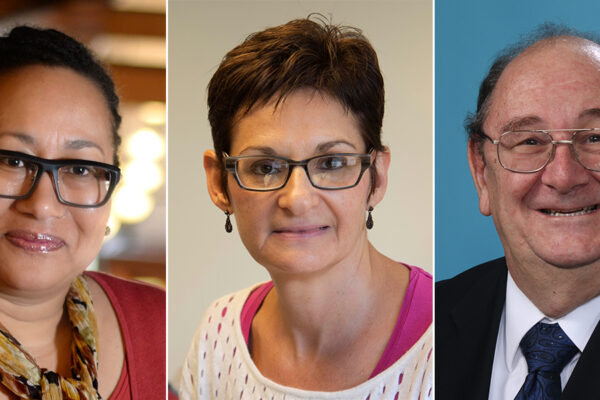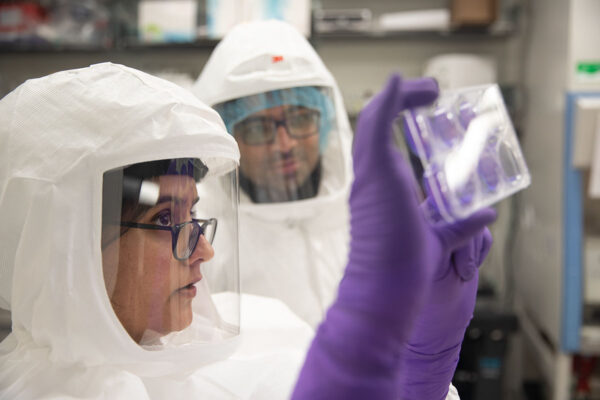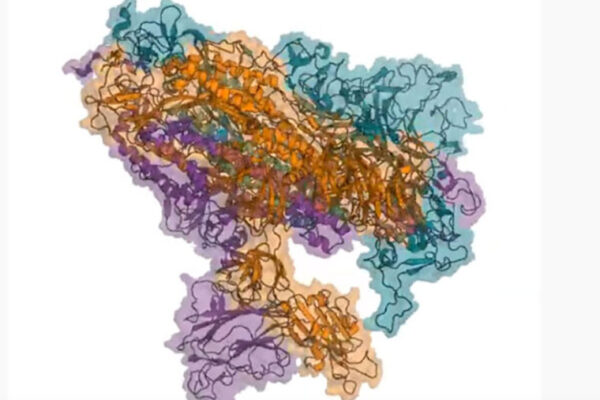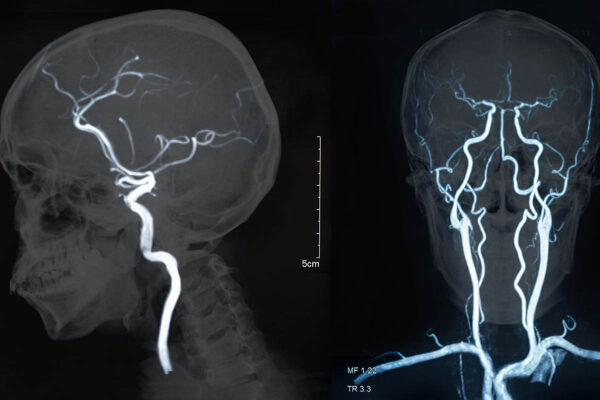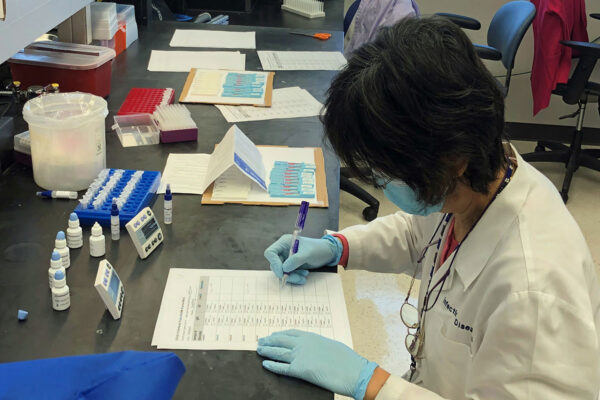Davis, Luby receive 2020 faculty achievement awards
Adrienne Davis and Joan Luby will receive Washington University in St. Louis’ 2020 faculty achievement awards, Chancellor Andrew D. Martin announced. Also, Douglas F. Covey will be honored for innovation.
Study to examine social media’s effects on stress during COVID-19 pandemic
Researchers at Washington University School of Medicine in St. Louis and Georgia Tech are leading a study using computer algorithms to identify stressors on social media linked to the COVID-19 pandemic.
Effort to screen potential COVID-19 antiviral drugs underway
The School of Medicine’s Jennifer A. Philips, MD, PhD, has set up a screening platform to test compounds for activity against the COVID-19 virus. Her lab has screened dozens of compounds and is prepared to accept more suggestions of promising candidate molecules.
Folding@home’s fight against COVID-19 enlists big tech, gamers, pro soccer
The crowdsourced supercomputing project Folding@home, based at the School of Medicine, shifted focus months ago to coronavirus research. Now, units at Washington University and elsewhere, individuals and companies have joined the effort.
Obituary: Momoko Oyama, medical school student, 24
Momoko Oyama, a Washington University graduate on the verge of beginning her third year of medical school at the university, died Sunday, June 14, 2020, at her campus apartment in St. Louis. The cause of death is not yet known. Oyama, who had planned to become a neonatologist, was 24.
Cordell Institute receives Microsoft Fellowship grant
The Cordell Institute for Policy in Medicine & Law has received a $100,000 grant from Microsoft Corp. to hire a fellow to work on the institute’s Cloud Civil Liberties Project.
Stroke survival rates worse in rural areas, study says
An interruption in blood flow to the brain causes a stroke. A new study from Washington University School of Medicine in St. Louis reveals that stroke care in rural areas lags significantly behind that available in urban centers.
COVID-19 antibody tests evaluated as diagnostic test in low-resource settings
Faculty at the Washington University School of Medicine have joined an international effort led by the Foundation for Innovative New Diagnostics and the World Health Organization (WHO) to evaluate COVID-19 antibody tests for use as diagnostics in places with limited resources.
Patti a finalist for prestigious Blavatnik young scientist award
Gary Patti is among the 31 finalists for the Blavatnik National Awards for Young Scientists, selected from 305 nominations across the United States, the organization announced June 17. He is the first honoree from Washington University in St. Louis in the award’s seven-year history.
Oral antibiotics work, shorten hospital stays for IV drug users with infections
A combination of IV and oral antibiotics can effectively treat invasive infections in people who inject illicit drugs, according to a study from Washington University School of Medicine. The findings mean that patients can leave the hospital and complete taking their prescribed antibiotics at home.
View More Stories
